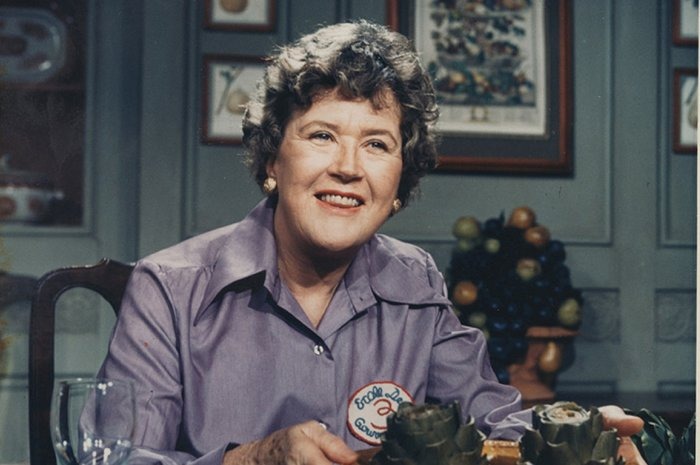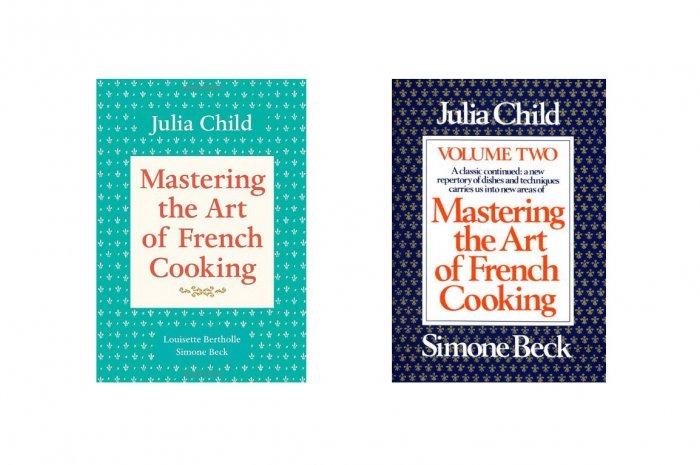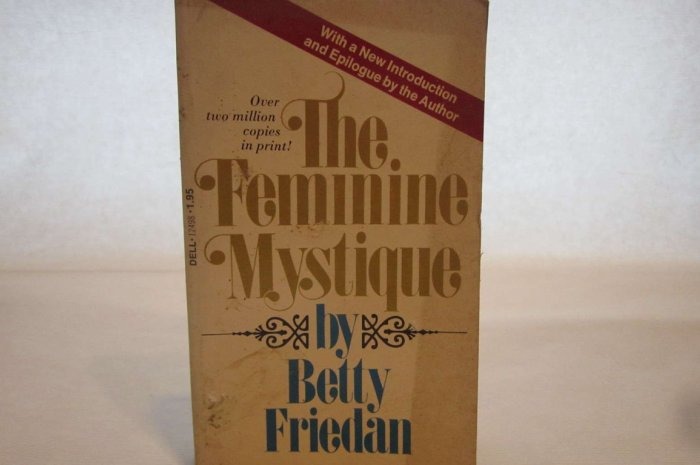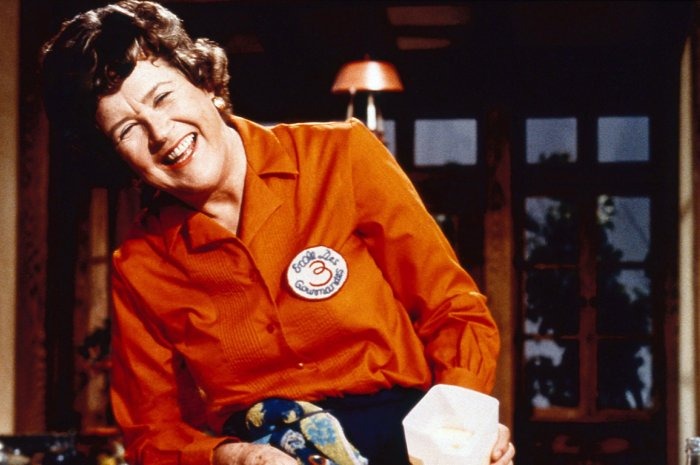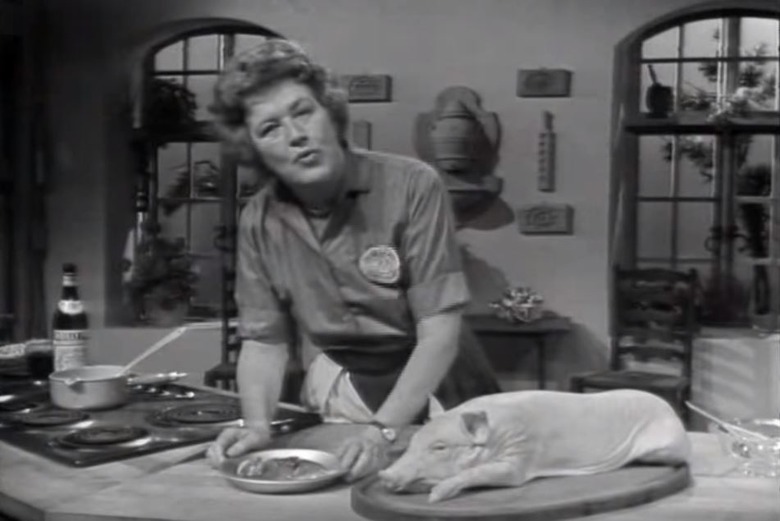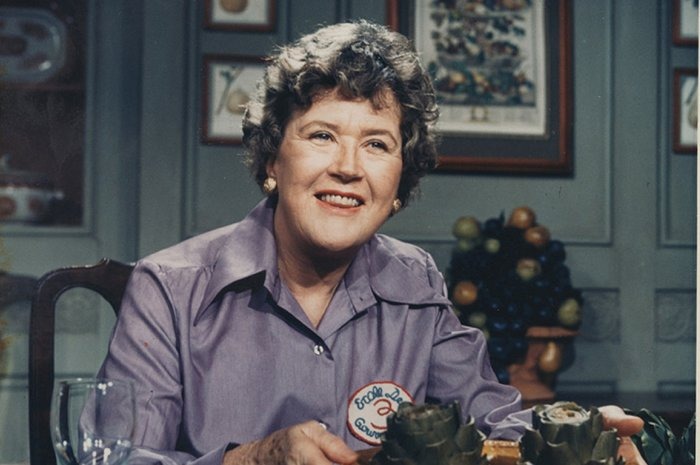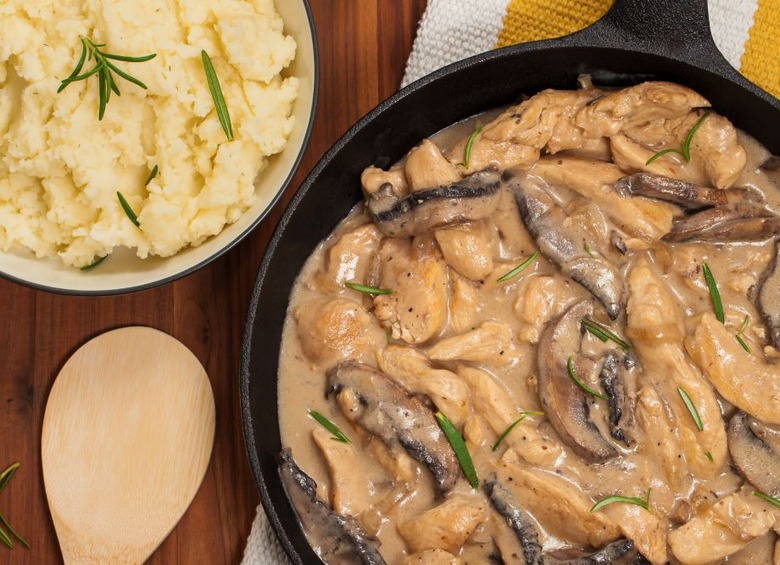10 Ways Julia Child Changed The World
In the culinary world, few figures loom larger than Julia Child. Even though she never cooked in a professional kitchen, Child changed the way that Americans look at food forever and left an indelible mark on television, cookbooks, and gastronomy at large.
She Showed Everyday Americans a Way into French Culture Through Food
Julia never put her own spins on classic dishes; she prepared coq au vin in the classic French style. This didn't just demonstrate that what we considered to be fancy restaurant dishes were in fact just examples of good French home cooking, it also brought us into a traditional French kitchen, giving us a view into their culture through what they feed their families.
She Took Upscale Cuisine Out of the Restaurant and Into the Home
Americans were aware of French food before Child, but Child made coq au vin accessible for middle-class Americans, and introduced them to ingredients like artichokes, which today seem commonplace, but in the 1960s required trips to specialty stores.
She Showed Americans A Different Way to Eat
Post-war America was interested in quick convenience food. The 1950s ushered in the age of fast food restaurants, and industrial agriculture touted the benefits of canned, frozen, and processed foods. Child showed hungry Americans another way to eat. Before words like "locavore," "sustainability," and "organic" infiltrated our vocabulary, Julia Child was promoting fresh, real ingredients.
Her Cookbooks were Revolutionary
Mastering the Art of French Cooking, published in 1963, was revolutionary because it was one of the first cookbooks to feature step-by-step recipe instructions. Whereas most cookbooks of the day didn't mention specific ingredient quantities and were rather vague in their instructions, Julia's books went into almost too much detail, preparing the home cook for any possible eventuality. Just about every cookbook today is influenced in some way by Mastering the Art of French Cooking.
She Paved the Way for Women to Empower Themselves Through Cooking
Julia's popularity coincided with the growing feminist movement in the United States, defined by books like Betty Friedan's The Feminine Mystique, which was published in 1963. Child became a sort of de facto feminist, paving the way for women to empower themselves through cooking. If the kitchen is your domain, own it entirely.
She Encouraged More Women to Become Chefs
Julia wanted women in professional kitchens to be commonplace, not an aberration. She went toe-to-toe with institutions like the Culinary Institute of America, strongly urging them to admit more women into their professional programs.
She Introduced America to the Cooking Show
Child wasn't the first chef on television (Fanny Craddock in the UK and James Beard in America preceded her), but The French Chef was the first nationwide cooking show when it debuted in February of 1963. For many, watching Julia cook on television was their introduction to the tried and true "stand and stir" format that's so popular today. By watching, we became better cooks.
Her Show Introduced Captioning to Television
In 1972, WGBH's Boston's rebroadcasts of The French Chef became the first show in the history of television to include captioning for the hearing impaired. As opposed to "closed captioning," which needs to be activated by the viewer, her show was "open captioned," meaning that all viewers could see the subtitles. Closed captioning cane eight years later.
She Taught Us to Not Fear New Culinary Experiences
Child is famously quoted as saying, "Cooking is like love; it should be entered into with abandon or not at all." She always came across as fearless and adventurous, and that spirit was infectious.
She Taught Us to Enjoy Our Meals, and Not Fear Fat
Child was criticized for her use of butter and cream in the late 1980s and early 1990s, when it was believed that margarine was healthier than butter, and she hated this criticism. Child was convinced that this "fanatical fear of food" would destroy the country's dining habits, and that paying too much attention to nutrition ruins the experience of eating good food. "We should enjoy food and have fun," she told The New York Times in 1990. "It is one of the simplest and nicest pleasures in life." Julia knew that fats are important not just to enjoy your meal, but for staying healthy and balanced. Here are some surprising reasons you should eat more fat.
More From The Daily Meal:
25 Retro Recipes You Won't Believe People Actually Made
The 101 Most Iconic Restaurant Dishes in America
Old-School Snacks We Bet You Completely Forgot Existed
Every Question You've Ever Had About Carbs, Answered
20 Reasons Why You Should Drink a Glass of Wine Every Day
